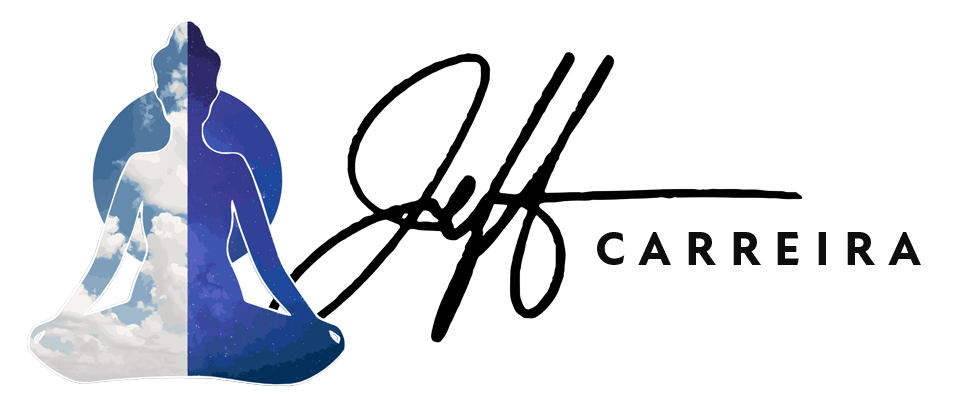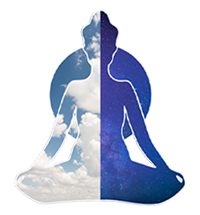
One of the most foundational assumptions of the paradigm that currently shapes our experience is the assumption of the division between subject and object.
In modern western philosophy this split between perceiver and perceived was most famously articulated by Rene DesCartes and over the past few hundred years it has become deeply embedded in our experience of consciousness.
Those of us who endeavor to shift into a new paradigm must learn how to question even such seemingly undeniable truths as this. I believe this is what the twentieth century philosopher Alfred North Whitehead was referring to when he wrote about ‘questioning the obvious.”
I like to use the term Experiential Philosophy to describe a particular way of questioning reality. Experiential Philosophy involves looking at some of the most obvious aspects of our experience of reality and questioning if they are actually real. In this case it means wondering if we are really subjects experiencing objects.
This form of questioning is also something I refer to as wormhole inquiry, or worm holing for short, because questioning these pillars of our experience might pull the carpet out from under us and catapult us into a dramatically new way of experiencing.
Remember, paradigm shifting is not about experiencing something new. It is about discovering a new way of experiencing.
In the present inquiry we start with the obvious truth that we all experience ourselves to be subjects that experience the objects of the world. I am sitting in my favorite coffee shop and as I look around me I see other people working on computers and talking together sipping coffee. I feel like a somebody that is seeing these people and I have the distinct experience of being located over here looking out at them over there.
When we think about paradigms we might think of ourselves experiencing a reality that is being shaped by a set of unconscious beliefs and assumptions. We imagine that we are experiencing the world through a lens that shapes what we experience. This lens is the paradigm we are seeing through.
What I want you to consider now is that even the idea that you are a person who is experiencing the world through a paradigm is itself a thought shaped by the existing paradigm.
We are deeply conditioned to always presume our own existence. No matter what we think or feel we always assume that we are there doing it.
Take another look at the experience you are having right now. For me that means looking around this coffee shop again.
What if there is no one having this experience? What if this were just an experience part of which is seeing people in a coffee shop and another part is feeling like you are somebody who is seeing people in a coffee shop. What if there is no being or entity that is having this experience? What if reality is pure experience with no one behind it all having it?
You might protest. You might say, but I can only see from over here where I sit. I can only feel my feet on the floor but not anyone else’s. I see my inner thoughts but I can only hear the spoken words of everyone else.
All of this seems to provide obvious and undeniably evidence that I am here having this experience.
If you look at all that so called evidence you will start to find a mountain of assumptions underneath the obviousness of it all.
Why do I believe that feeling my feet on the floor means they are mine? Why do I believe that not feeling my neighbor’s feet mean they are not mine? Why do I believe that the thoughts I experience in my mind belong to me, and the ones coming out of the mouths of others belong to them?
All of this evidence appears to lead obviously and inevitably to the conclusion that I am a someone having this experience. But – and this is the key – it is only obvious when looked at from inside the assumption of being the person looking.
From the vantage point of being a separate subject experiencing the world of objects all of the experience we have points unerringly back to the obvious truth that we are a subject experiencing objects. But that is because the prior presumption shapes all of the experience we have.
This is a self-shaping reality. The assumption of being a separate experiencing entity looks out at the world of their experience and finds irrefutable evidence of their own existence. But that is because they are looking from a place that assumes its existence from the start.
So I ask again, what if there is no one having the experience you think you’re having right now?
I suggest that you don’t think about this as yourself. This is not a question being asked of you so you can think about it. If you are relating to it like that the whole inquiry is happening inside of the assumption of being you.
There is a different way to contemplate this question. It is not so analytic or intellectual. It involves letting the question work on you. This is how you practice Experiential Philosophy and more specifically how you engage in a Wormhole Inquiry.
If you introduce the question into your consciousness you will see something start to open up. It probably feels like a mysterious and intriguing opening in reality.
It is an opening that you can sense but cannot see. Allow yourself to drift toward the opening. You may find yourself getting overly intellectual and analytical – busy trying to figure something out. If you do you will soon notice that the opening has vanished.
Then all you have to do is return to the question. Let it open up reality again and find a way to move into the opening. You are likely to find the movement into this opening to be existentially disorienting. If you are uncomfortable with being disoriented you will get busy again trying to figure out what is happening. Figuring it out will always mean trying in some way or another to relate what is opening up to what you know. This will inevitably fail because you are opening to something that you can’t know.
If this happens just return to the question again until the opening reappears and you can move back into it.
This feeling of disorientation is the feeling that we have as we begin to move into the mouth of a wormhole. On the other side is a new perception of reality. Between here and there is a necessary process of disorientation followed by a process of reorienting – defocusing and refocusing.
Try it for yourself, stick with it for a while, and see what happens.


